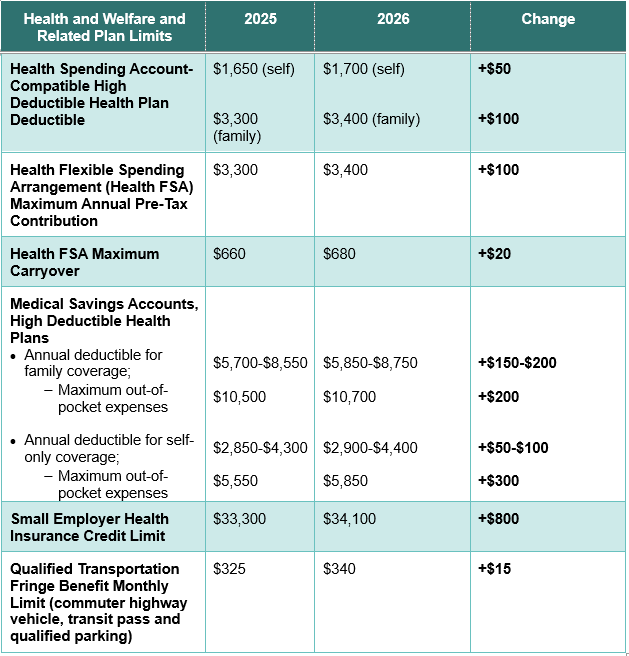
It has been nearly 20 years since Internal Revenue Code Section 409A transformed the rules governing nonqualified deferred compensation (NQDC). Many employers updated written plan documents by the 2008 deadline—and haven’t touched them since.
As the 20‑year mark approaches, now is the perfect moment for a quick compliance check. Over time, plan administration often drifts from what the written document actually says. And with Code Section 409A’s unforgiving rules, even small mismatches can trigger significant tax implications for the participant, including immediate income inclusion, a 20% penalty tax on the amount involved, and additional penalties and interest.
Worse yet, Code Section 409A often limits an employer’s ability to fix problems simply by amending the written plan document. In many cases, the only real options are correcting past errors using the IRS correction guidance and tightening operational practices going forward.
Code Section 409A also applies more broadly than many assume. Common examples include:
- Severance arrangements (often exempt—but not always)
- Long‑term incentive plans
- Phantom stock plans
- RSUs that vest well ahead of settlement (which commonly occurs when “retirement” is a full vesting trigger)
Two decades later, Code Section 409A is still a trap for the unwary. A quick, focused review now can help prevent surprises later. Start with:
- Revisiting deferred compensation and severance plans last updated around 2008
- Confirming that administration matches the written plan document
- Reviewing newer severance and incentive plans and individual arrangements for hidden Code Section 409A issues
- Addressing problems proactively before audits, transactions, or disputes arise
Some specific compliance touchpoints to consider include:
- Providing new participants with clear and timely communications regarding their eligibility and deferral election timing requirements, the nature of the deferred compensation arrangement, and the consequences of late or incomplete elections.
- Periodically confirming that all plan participants continue to meet the plan’s eligibility criteria.
- Ensuring commission structures are clearly documented and election deadlines align with Section 409A timing rules.
By taking time now to re-examine plan documents and administrative procedures, employers can prevent costly errors and ensure your program continues to operate smoothly for the next decade and beyond.
If you would like assistance with conducting a Section 409A compliance review or updating plan documentation, Seyfarth’s employee benefits team is here to help.









